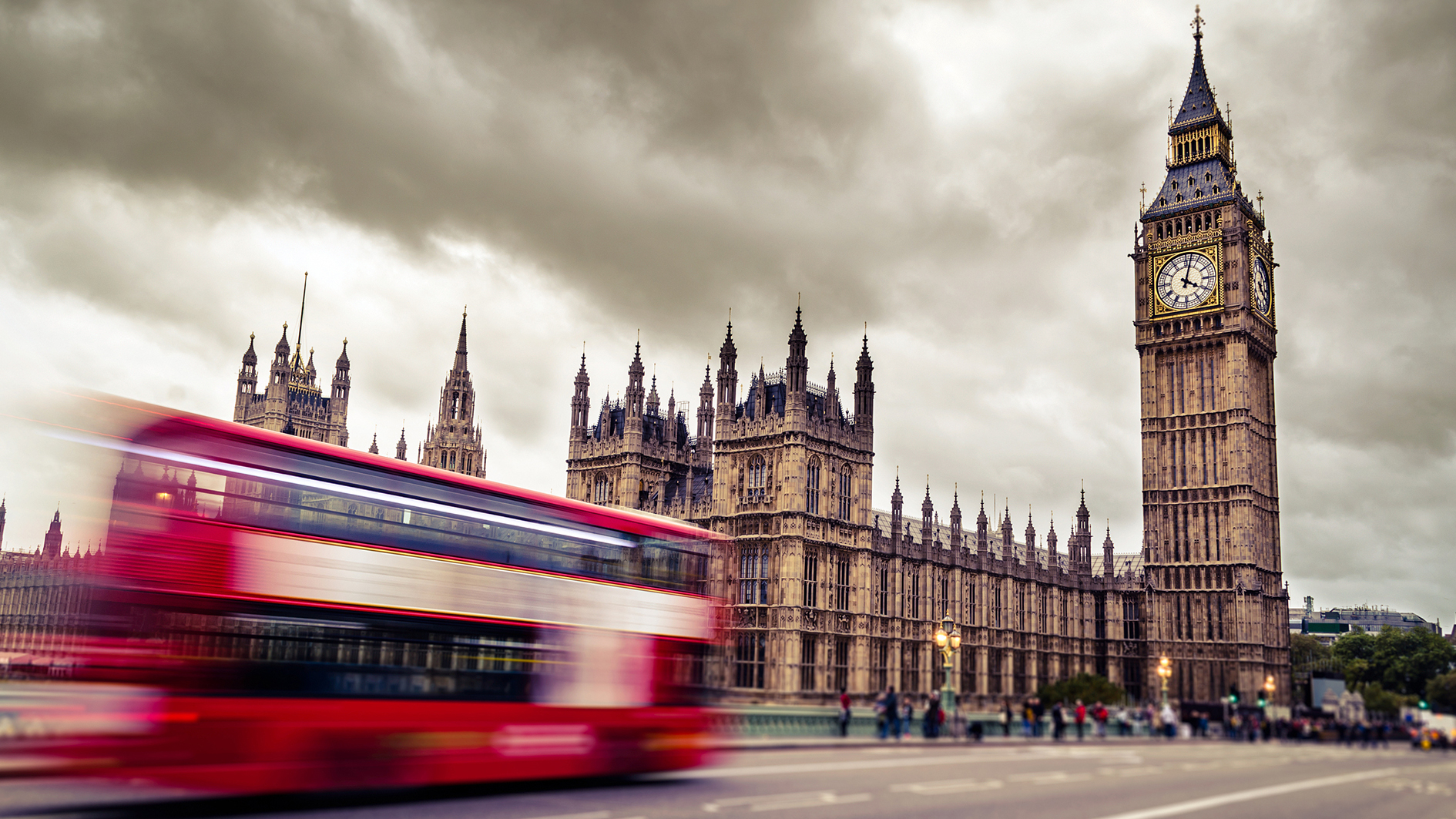

In terms of deciding who will be Britain's next Prime Minister, some are concerned about who is taking part in the vote. Let's now look at how the next prime minister was elected, and who decided.
At the last leg in the race for the Tory leadership, about 166,000 Conservative party members will have their say this time.
Boris Johnson and Jeremy Hunt are the two last standing candidates after several rounds of voting by Tory MPs.
Soon, less than one percent of the party's electorate will decide their leader and the UK's next prime minister.
It's part of a lengthy process, triggered by the resignation of Theresa May, who has headed the party, and Britain, for the past three years.
Members sent in their ballots through mails deciding her replacement.
Many wonder about the make-up of the vote. Citing the demographics of the members, they're older and predominately white males, wealthier than the average Brit.
Survey data from research initiative group, the Party Members Project, puts the numbers.
The survey found that 71 percent or just over 7 out of 10 party members are male, and 97 percent are white.
Party members were also found to be older, with an average age of 57.
About 42 percent of them are from southern England, where the residents are often more well-off than the rest of the country.
What's particularly alarming to many is the fact that these select members are deciding the imminent future of the UK, and putting at the helm the next leader to tackle – and possibly – deliver Brexit.

Copyright © 2018 CGTN. Beijing ICP prepared NO.16065310-3
Copyright © 2018 CGTN. Beijing ICP prepared NO.16065310-3